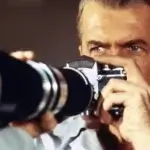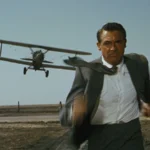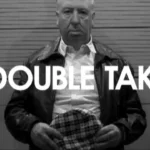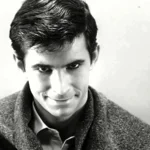Crime, mystery, suspense. 15 BEST ALFRED HITCHCOCK MOVIES
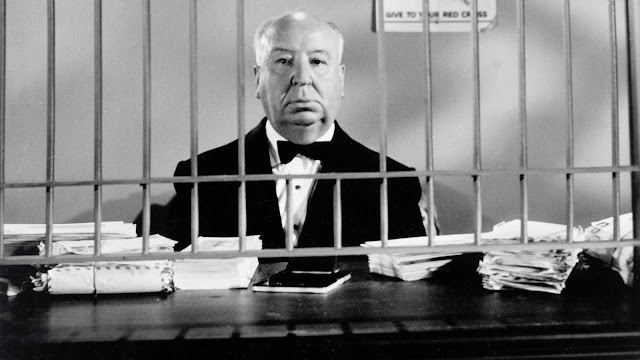
There is no other director like Alfred Hitchcock who has had such a huge impact on future generations. Today, virtually any gripping film can be called a hitchcockian thriller and everyone knows what it’s about. It’s as if he was the originator of the genre. He, however, from the thriller, which was a lower-class genre, brought out all the quintessence, shaped it so strongly that the genre began to be associated with a real cinematic experience, that is, a generator of suspense, emotion and fear. It’s difficult to count the director among the masters of detective fiction, because detective fiction is associated with puzzles, and Hitchcock wasn’t interested in puzzles. He was concerned with the effect of suspense, which is the hallmark of a thriller. In his view, suspense is not achieved with final twists, but by grading the tension throughout the film, thus laying out the various cards slowly, even if it means giving the identity of the murderer too early.
The London-born filmmaker has made more than fifty films in fifty years (I’m not counting shorts and TV series episodes). His sizable filmography suggests that he was a craftsman rather than an artist. And indeed, he made many craftsmanlike pictures, but most such can be found in the early part of his career. This can be explained as a search for a creative path, practicing the art of staging and forming a style. I decided to choose fifteen of the approximately forty Hitchcock films I have seen. The choice is subjective, but rather devoid of controversial proposals – most of the films are productions known and appreciated by numerous audiences. Chronological order – I think it makes sense, as this order of viewing illustrates well how the director formed his character and perfected his craft.
Related:
1. The 39 Steps (1935)
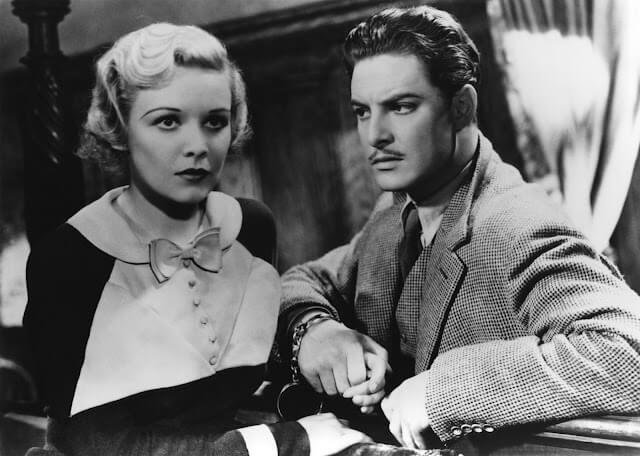
Hitchcock’s finest film of the 1930s. Although some still appreciate the picture The Lady Vanishes (1938), based on the short story The Wheel Spins by Ethel Lina White, this film – although technically excellent – didn’t provide me with a great deal of entertainment. The lengthy introduction and absurd coincidences weakened the level of suspense. The 39 Steps is, in my opinion, a more coherent and thoughtful production, but also a landmark in Hitchcock’s career. The director learned from the moderately successful The Man Who Knew Too Much (1934), and the result is a near-perfect spy thriller, where the protagonists follow a tightrope-like path from point A to point B, encountering numerous obstacles. Aided by Charles Bennett’s text, Hitchcock portrayed the character of an everyman accidentally entangled in a murder plot. The relationship between the pair of main characters is reminiscent of screwball comedies popular at the time. Years later, it would turn out that the themes presented in this film interested the director the most, as he still returned to them more than once. But despite the fact that he later created a mass of masterpieces, this modest film from the 1930s still holds a high level. The contributions of the actors should not be overlooked either. Madeleine Carroll and Robert Donat capitalized on the film’s success quite differently. For the actress, a star of British cinema, the role became a ticket to Hollywood (although she had already scored a performance at John Ford’s). Robert Donat, on the other hand, could have had a career in the U.S. after playing the Count of Monte Christo in the 1934 American adaptation, but his performance at Hitchcock’s made the actor decide to stay in England. And he won an Oscar for his role in an English film (Goodbye, Mr. Chips, 1939).
2. Rebecca (1940)

Whether this film deserved the Academy Award for Best Picture is a matter of debate. Although the award was accepted by producer David Selznick, above all, the Academy should be applauded for recognizing mastery in a director who was just beginning his career in the United States. Time has shown that he was an outstanding filmmaker, making quality films and choosing very good literary material, which gives a lot of opportunities to both director and actors. Daphne du Maurier is one of the more interesting English writers, and Hitchcock – perhaps because of her English background – was able to perfectly transfer the Cornish atmosphere of her books to the screen, combining sensuality and darkness (Jamaica Inn, despite its weaker ratings, is also a successful screen adaptation). The cast of Rebecca is dominated by actors with British roots, so that the influence of the American studio (Selznick International Picture) isn’t strongly perceptible. The result is a stylish and dark gothic melodrama with an interesting mystery plot. The screenplay was written by Robert E. Sherwood (American playwright with three Pulitzer Prizes) and Joan Harrison (Hitchcock’s secretary since 1933). From today’s perspective, the director’s most interesting move is the abandonment of flashbacks, making the title female character largely mysterious and fascinating.
3. Shadow of a Doubt (1943)
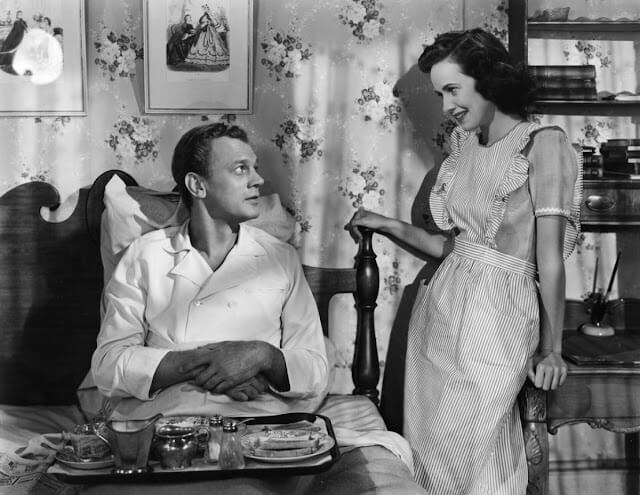
From what I’ve noticed, the film isn’t very appreciated by modern audiences, but in my opinion, the director here showed absolute mastery in terms of technique, creativity and leading the actors. In the publication Film Art: An Introduction David Bordwell and Kristin Thompson confirmed the class of Hitch giving examples of this movie. They chose a seemingly trivial scene, which they analyzed, paying attention to significant details. Not a word is uttered just to fill screen time – everything is thought out in every detail and has a deeper meaning in the context of the entire work. On the surface, this film gives the impression of being the least experimental of all Hitch movies from the 1940s, but the intelligent character conflict described in the script (which was co-written by the director’s wife Alma Reville) was an opportunity for the master of suspense to create a formally complex thriller. The source of tension is the contrast between the peaceful province and the murderer who enters its world. This picture, which isn’t devoid of virulent irony, is like a time capsule that reveals the cynicism, hypocrisy and anxieties of wartime. Joseph Cotten plays the most important role in his career, and Teresa Wright, who has earned Oscar nominations for all (!) of her previous roles, captivates with her charm and naturalness. The camera work perfectly emphasizes the mental state of the characters, you can constantly sense the atmosphere of danger and uncertainty.
4. Notorious (1946)
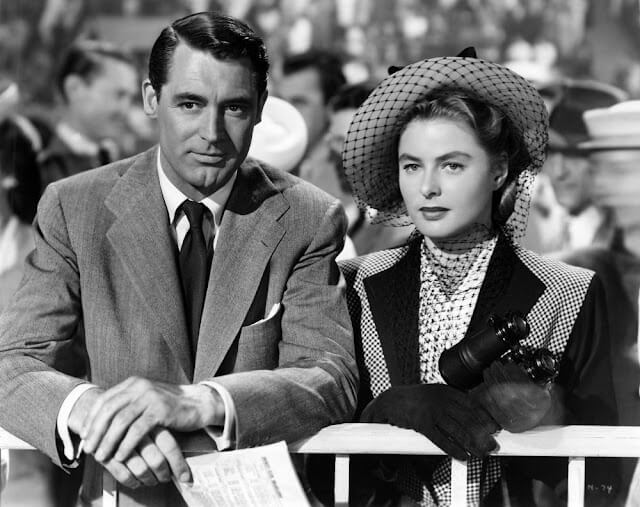
Spellbound, Notorious and Under Capricorn – these films are united, in addition to the name of the director, by the name of the outstanding actress Ingrid Bergman. The second title is the best of the bunch, both in terms of expressive acting and the film’s content, seemingly sensational and unbelievable, but hiding psychological depth. A post-World War II world imbued with cynicism, paranoia and distrust, as if on the threshold of another war, symbolized by uranium reserves hidden in wine bottles. On one side traitors, on the other Nazi scumbags, and in the middle two spies circling between love and duty. Agential activity here has nothing to do with adventure, it’s a harsh experience evoking above all a feeling of bitterness. The film was initially made under the supervision of David Selznick, but Hitchcock luckily managed to break free from his influence and take a job as a producer. The result was a cinema that was narratively and stylistically unusual, but not yet fully mature. In the 1940s, the creator of Notorious undertook quite risky projects, gaining a reputation as an ambitious artist, but not yet a fully formed director.


